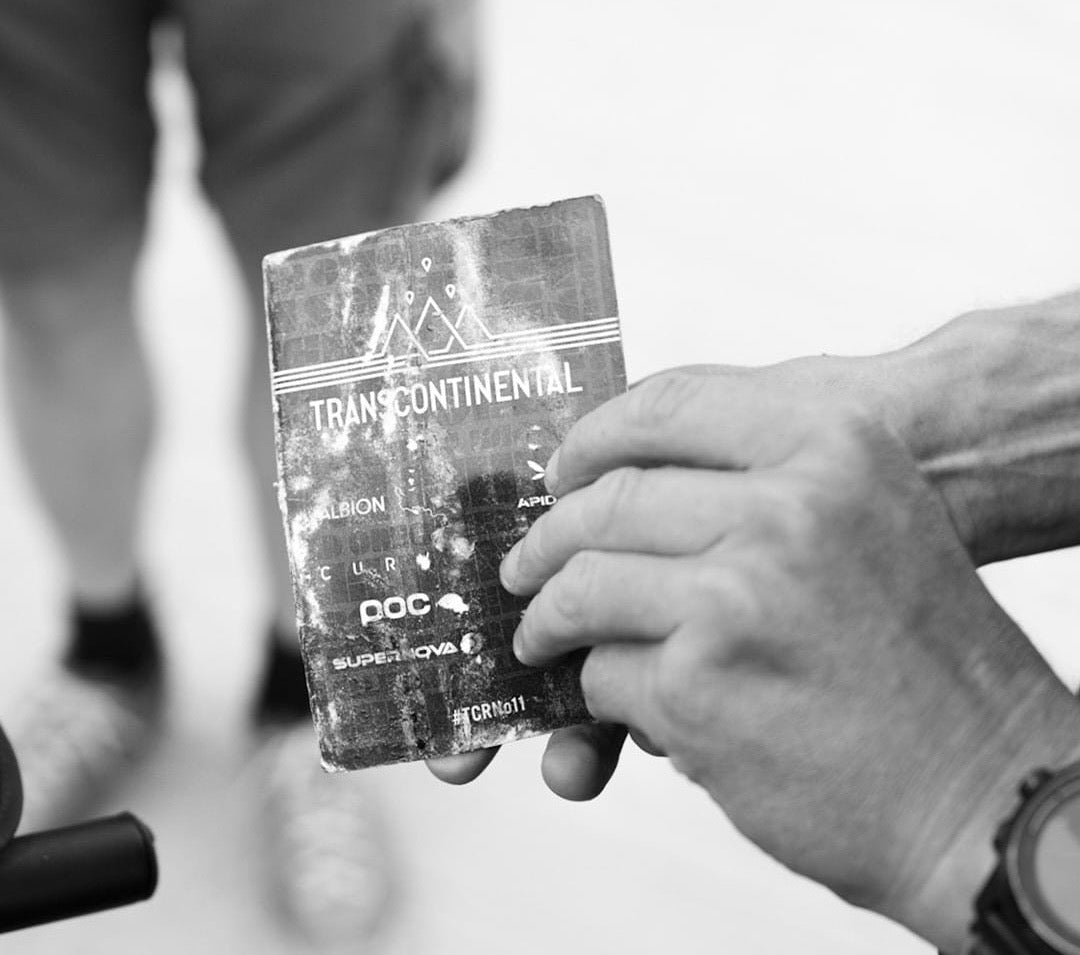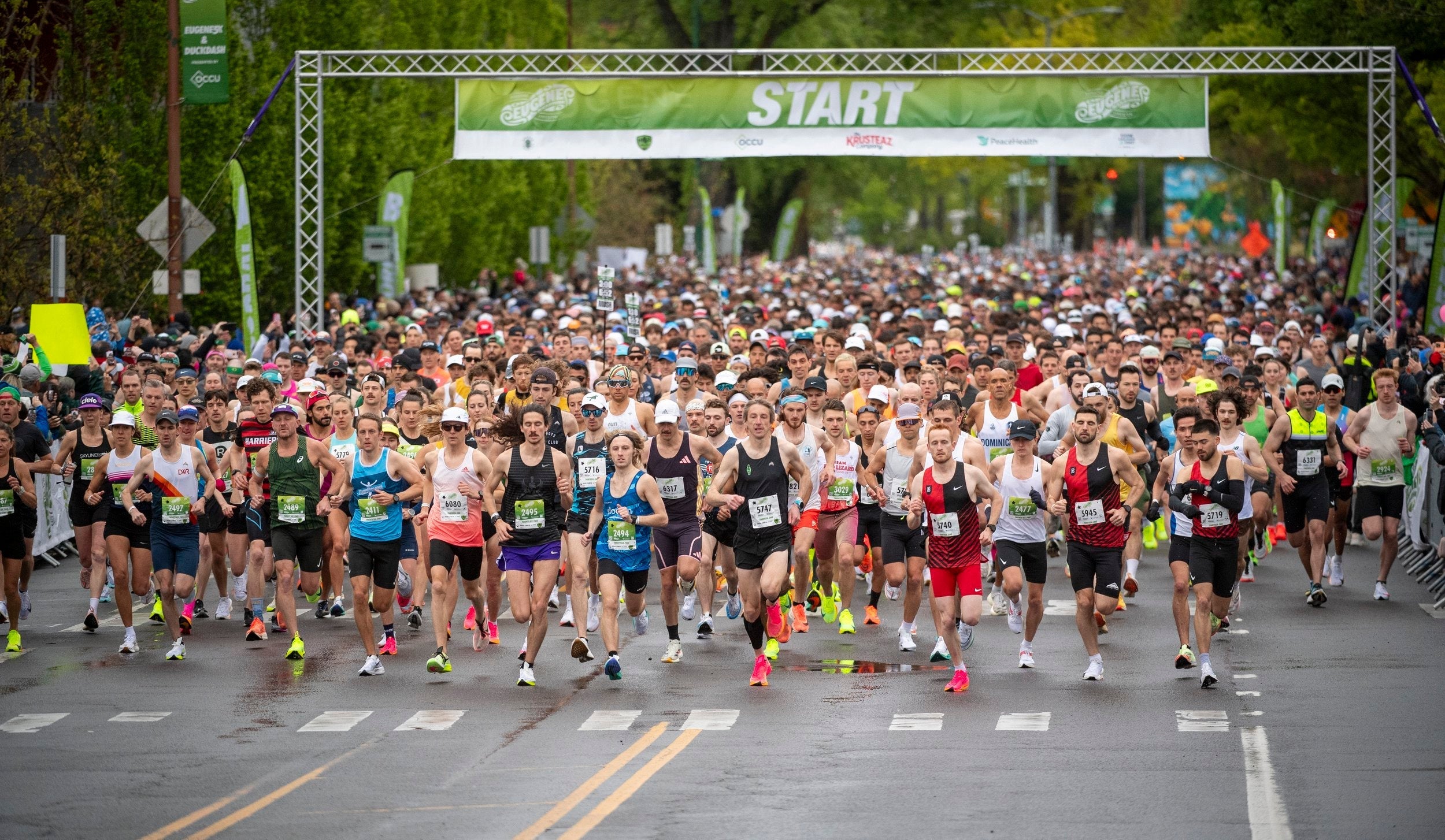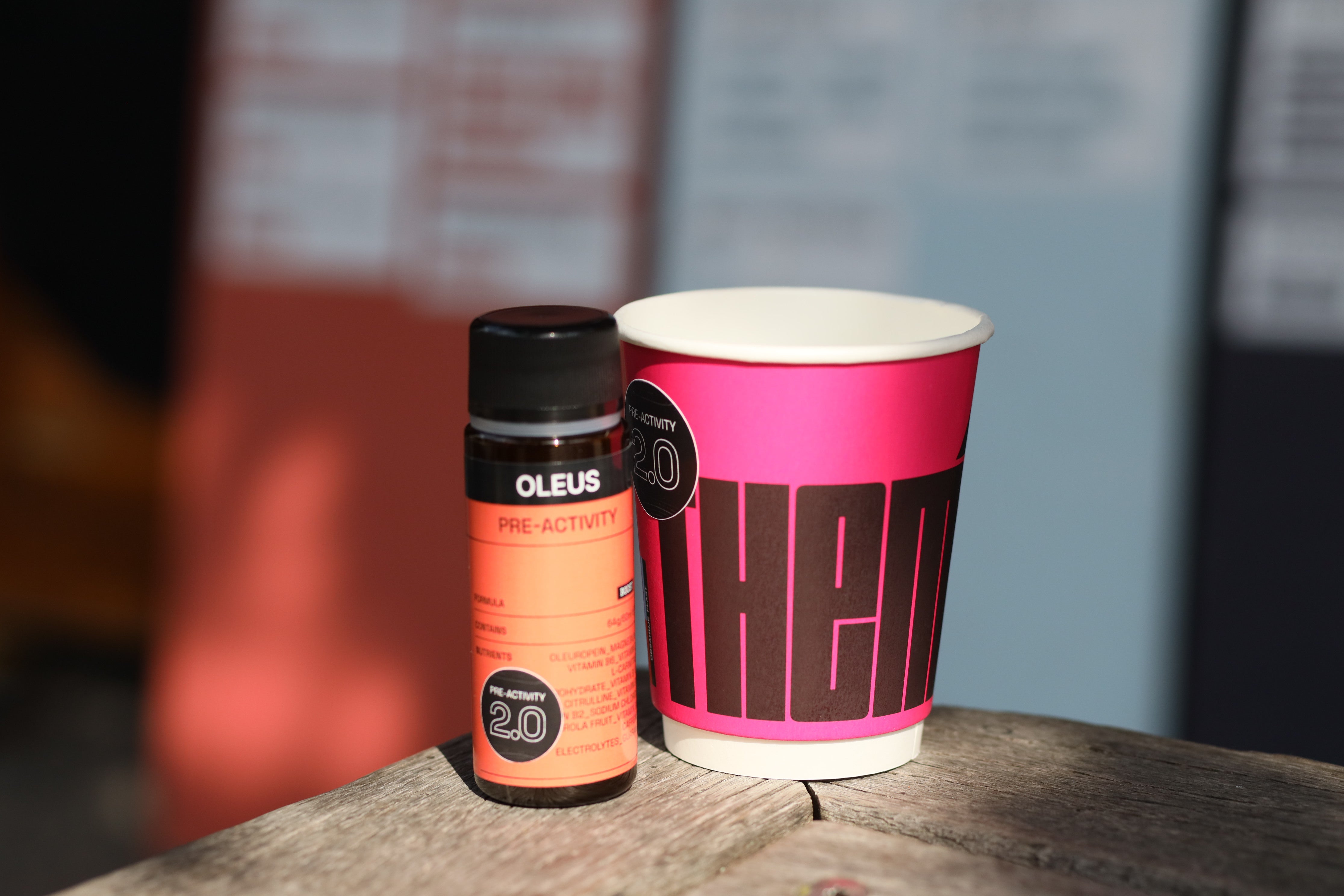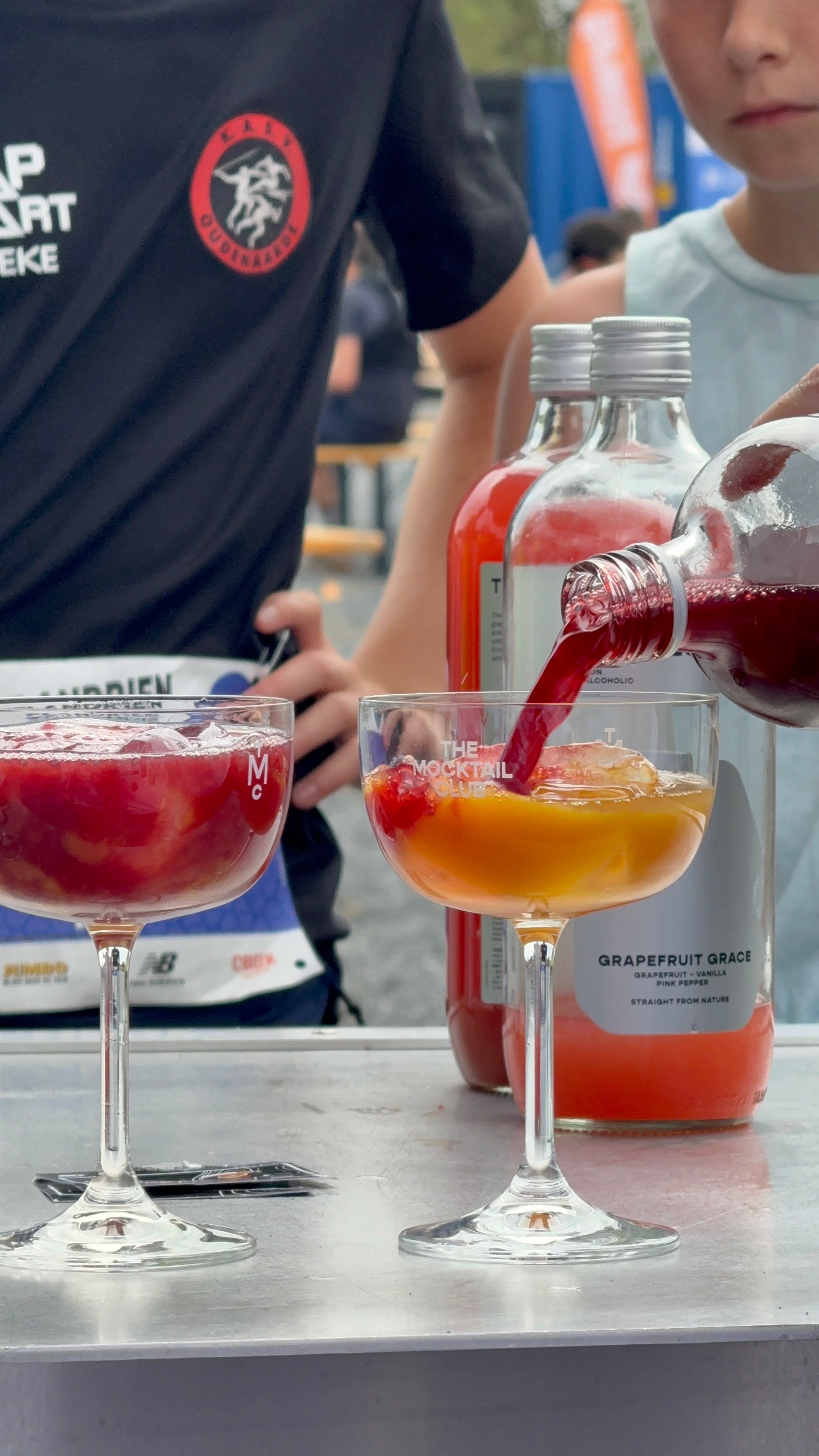Those final days before a marathon can have a huge impact on your race day outcome. How you eat, sleep, and hydrate during that final week is crucial to unlocking your best performance. However, after months of training, it’s easy to overlook some of the preparation steps that can make the difference between hitting the wall and crossing the finish line strong.
In this first of our two-part marathon series, we break down a 7-day plan to help you optimise your nutrition, prioritise recovery, and execute a smart race-day strategy—complete with a detailed meal plan designed to power peak performance when you need it most.
Be sure to check out part two of our marathon series for post-race recovery strategies here.
Your pre-marathon nutrition playbook
Your pre-marathon nutrition plan isn’t just about loading up on pasta the night before. A structured approach to fueling in the final week can make all the difference in your energy levels, endurance, and overall race performance. Here’s a breakdown:
Pro tip 1. Start with protein, not carbs
Days 1-4
Contrary to what many runners believe, the week before your marathon should start with a focus on protein and healthy fats, not carbs. This helps with muscle recovery from your last training sessions while keeping your blood sugar stable. Think chicken, fish, eggs, and plant-based proteins. These foods are easy to digest and effective at maintaining strength as you taper your workouts.
Pro tip 2. Strategic carb loading, not overloading
Days 5-7
As race day approaches, shift your focus to gradually increasing carbs while keeping your protein in check. The goal is to up your glycogen stores without overwhelming your digestive system. Glycogen is your body’s go-to fuel for endurance training. If it runs low, you run the risk of hitting the dreaded “wall.” Avoid this by sticking to low-fibre, easily digestible carbs like white rice, potatoes, pasta, and bread, without heavy sauces or added sugars.
Here’s a detailed 7-day meal plan you can follow for next-level performance on race day:
| Monday | Tuesday | Wednesday | Thursday | Friday | Saturday | Sunday | |
| Breakfast | Coffee with soy milk, 3 whole wheat toast with olive oil and tuna. | Coffee with soy milk, 3 whole wheat toast with olive oil and turkey ham. |
Coffee with soy milk, 3 whole wheat toast with olive oil and ham. |
Coffee with soy milk, 3 whole wheat toast with olive oil and turkey ham. Fruit juice. |
Coffee with soy milk, 3 whole wheat toast with olive oil and ham. Cereals. |
Coffee with soy milk. Sandwich. Fruit juice. |
3h before the race - a breakfast you know works well before your long runs. |
| Mid-morning snack | Tea or coffee, 1/4 low-fat fresh cheese and turkey ham. | Tea or coffee and skim yogurt. | Tea or coffee, 1/4 low-fat fresh cheese and turkey ham. |
Tea with honey. Snack. 1/2l carbohydrates drink. |
Tea with honey. Banana. 1/2l carbohydrates drink. |
Tea with honey. Banana. 1/2l carbohydrates drink. |
|
| Lunch | Tuna salad with tomatoes and asparagus. Grilled chicken. Jelly 0% sugar. |
Chickpea salad with tuna. Grilled turkey. Jelly 0% sugar. |
Vegetable soup. Grilled chicken. Jelly 0% sugar. |
Pasta salad with nuts and dried fruits. Grilled chicken. Yogurt with honey. |
Rice. Grilled sea bass. Yogurt with strawberry. |
Vegetables with potatoes. Grilled chicken with rice. 2 yogurts. |
|
| Afternoon snack | Skim yogurt. | Tea or coffee, 1/4 low-fat fresh cheese and turkey ham. | Skim yogurt. | Yogurt with nuts. 1/2l carbohydrates drink. Fruit juice. |
Yogurt with cereals. 1/2l carbohydrates drink. Fruit juice. |
2 bananas. 1/2l carbohydrates drink. Fruit juice. |
|
| Dinner | Grilled vegetables. Grilled sole with tomato in olive oil. |
Tomato salad with low fat fresh cheese. Tuna omelet. |
Steamed mussels. Grilled turkey fillet with tomato in olive oil. |
Green beans with potatoes and carrots. Grilled salmon. Yogurt with nuts. |
Pizza. Yogurt with nuts and honey. |
Pasta dish with olive oil or tomato sauce (non-complex sauces). Yogurt with honey. |
Hydration hacks
Hydration is just as important as nutrition in the final week before your marathon. Even slight dehydration can lead to fatigue, muscle cramps, and a higher heart rate, making race day feel harder than it should. The key is to stay consistently hydrated rather than playing catch-up the night before.
Pro tip 1. Keep your water intake steady
Drink water consistently throughout the week, avoiding large spikes in intake. Overloading on fluids can lead to frequent bathroom trips and dilute essential electrolytes.
Pro tip 2. Add carbohydrate drinks
As you shift into carb-loading mode in the final days, include carbohydrate-rich drinks (as outlined in your nutrition plan) to help top off glycogen stores while maintaining fluid balance.
Pro tip 3. Ease up on the caffeine
Gradually reduce your caffeine intake as race day approaches to maximise its effectiveness on race morning.
Pro tip 4. Skip the alcohol
Alcohol can interfere with glycogen storage, hydration, and sleep quality—all things you don’t want to compromise before a marathon. Cutting it out in the final week will help keep your body in peak condition for race day.
How sleep boosts marathon performace
In the final week before a marathon, sleep is just as important as training and nutrition. It’s when your body repairs muscles, consolidates energy stores and optimises mental focus, all crucial for race-day performance.
Aim for 7-9 hours of uninterrupted sleep each night. This helps with muscle recovery, immune function, and overall energy levels. If your schedule allows it, consider adding short 20 to 30-minute naps to your schedule to ensure you’re well rested.
Pro tip 1. Don’t stress the night before
It’s normal to have pre-race nerves that make it hard to sleep the night before. The good news? The sleep you get two nights before the race is actually more important for performance. Focus on banking solid rest earlier in the week so you’re not relying on the final night.
Pro tip 2. Stick to a consistent bedtime
A regular sleep schedule trains your body’s internal clock, making it easier to fall asleep and wake up feeling refreshed. Try to go to bed and wake up at the same time each day, even on weekends, to keep your rhythm steady.
Follow the "don't try anything new" rule
The final week before your marathon is no time for last-minute experiments, whether it’s food, supplements, or gear. Stick to what you’ve tested in training to avoid any surprises on race day.
Pro tip 1. Only familiar foods, no exceptions
Stick to your proven meal plan to avoid digestive issues or unexpected energy crashes. Even small changes like trying a different type of pasta or adding a new sauce can backfire.
Pro tip 2. Stick to the supplements you know
Only use energy gels, drinks, or supplements that you’ve successfully tested during long runs. A new gel or electrolyte mix might sound tempting, but you don’t want to risk stomach distress, energy spikes, or crashes when it matters most.
Pro tip 3. Use the gear you’ve already tested
Your race-day outfit should already be battle-tested. That means your shoes, socks, shorts, and top should be the exact ones you’ve worn on long training runs. Even slight differences in fit or fabric can cause blisters, chafing, or discomfort over 42 km
By sticking to what’s tried and tested, you eliminate unnecessary risks and set yourself up for a smooth, predictable race. Trust your training, trust your plan, and execute with confidence.
Oleus athlete Herman Desmet shares one last tip:
🔹 Trim your fingernails short before race day—this helps prevent painful nail damage, reduces the risk of scratches, and keeps your hands comfortable during the run.
Ready to cross the finish line strong?
Whether you’re gearing up for your first marathon or looking to shave minutes off your personal record, the key is consistency. Stick to what you know, trust your training, and move forward with confidence to get to that finish line strong.
OLEUS shots support every stage of your marathon journey, enabling you to train harder and recover faster by unlocking your body's natural endurance. Check out our full range of science-backed shots here.
Stay tuned for part two of our marathon series, where we’ll cover post-race recovery strategies to help you bounce back faster, rebuild stronger, and prepare for your next challenge.






